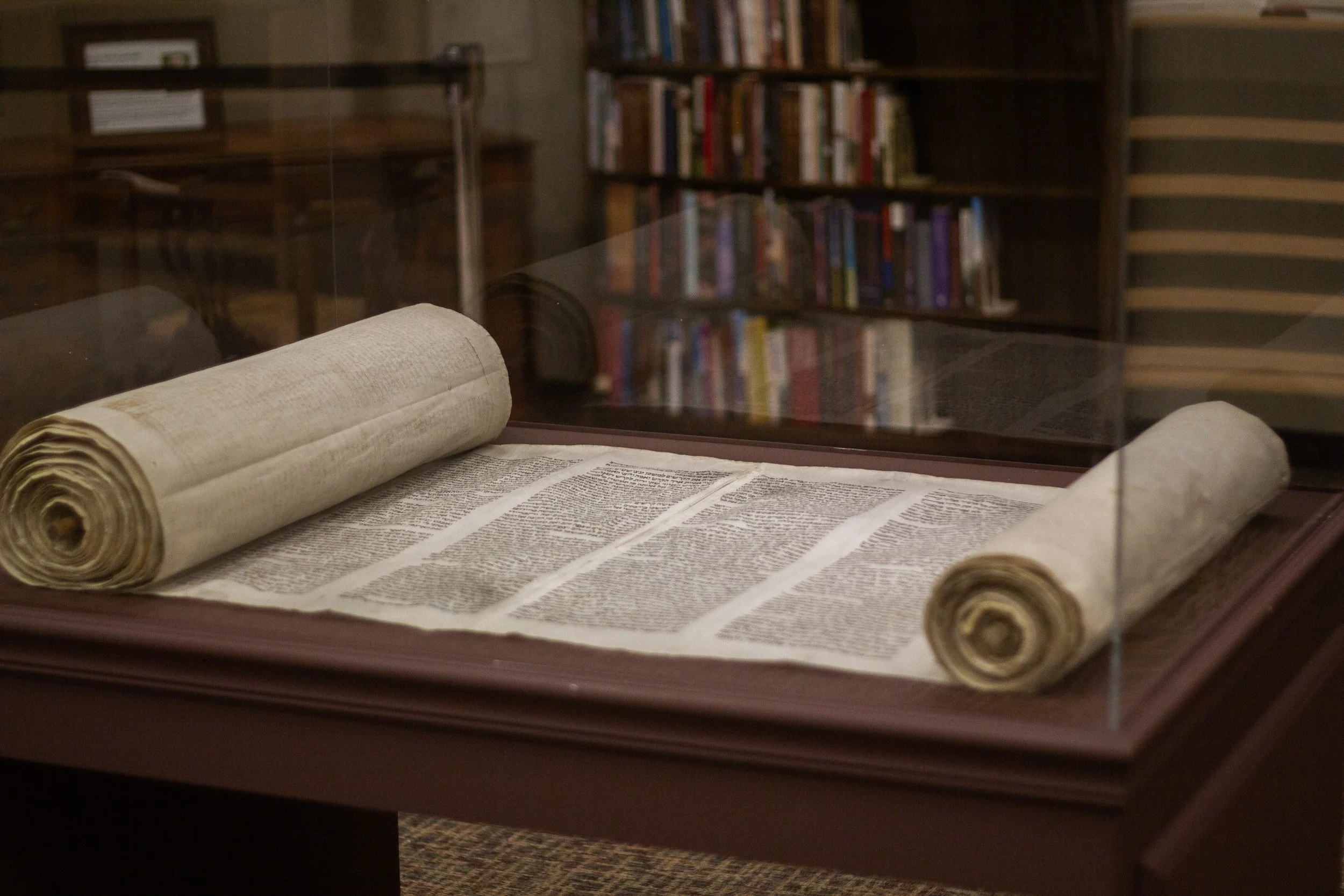Jewish educators dream that students will turn our sacred texts again and again to find meaning and wisdom. But if, as Ben Bag Bag says, “all is in it,” how do we provide opportunities to uncover the riches of these texts without being overwhelmed by the sheer number of possibilities? How can our curriculum and pedagogy be coherent, so student learning is deep and focused? And how can our work with texts reflect our schools’ educational and religious orientations?
The Purim environment is rife with community-building opportunities. We often live our Jewish lives, each in our own world, focusing attention on our individual matters. This narrow approach fractures the Jewish community. Purim provides an opportunity for the Jewish community to heal rifts, repair fissures, and hug our people in harmony…all while displaying a little silliness.
David Farbman, project manager of the DEEP Consortium, shared his expert advice on how Jewish day schools can achieve excellence and set high standards without losing their independence and autonomy.
During the Jewish Disability Awareness & Inclusion Month of February, Sharon Freundel suggests some ways we can make Jewish learning more accessible to a wide variety of learners.
On February 8, over 80 Jewish education leaders from around the country came together for a winter seminar hosted by Lifnai V’Lifnim, a JEIC partner. Read about this collaborative conference in The Jewish Link.
Rabbis Kaunfer and Tucker talk about how to inspire children and families to learn Torah together through Devash, a publication created in collaboration with our partner, Pedagogy of Partnership.
How can Jewish day schools retain well-trained staff in today’s complex labor market? David Farbman, project manager for the DEEP Consortium, argues in an eJewish Philanthropy article that effective, focused professional development opportunities are critical to solving the teacher shortage.
Multiple problems face Jewish day schools. The position of master teacher has the potential to solve at least some of those issues and strengthen our schools and our students.
Religious education is predicated, at least partially, on belief, a concept which was once basic to American life writ large. In this generation, however, our children are increasingly exposed to a powerful secular culture that, to a great extent, eschews belief in anything that cannot be empirically measured. As a result, even students in the more sheltered Orthodox Jewish day schools are often not confident in their religious identities, with ever increasing numbers disassociating from Judaism altogether.
Our children are growing up in a world where everyone’s opinion seems to count equally. As teachers, we can help create a framework for our students to understand several levels of knowledge and wisdom.
JEIC Founding Director, Rabbi Shmuel Feld, addresses some surprising misconceptions about Chanukah. Rabbi Feld explains the origins of the game of dreidel, uncovers a fun fact about sufganiyot, and answers whether there’s a minimum number of presents to give during Chanukah. You may be surprised at what you thought you knew about the Festival of Lights.
In this blog post, Rabbi Rebecca Ben-Gideon explores some of the most challenging questions asked in the classroom. Middle schoolers, she argues, “need support and opportunities to wrestle with the conflict between the literalist and anthropomorphic God ideas they grew up with and their growing rationalist approach to understanding the world.”
Read the entire piece for her thoughts and experiences.
In this blog post, Rabbi Yehuda Chanales maintains, “We must work to bring the Sukkah mindset into our classrooms and schools,” pushing us to re-frame our actions and be more mindful of our surroundings.
He adds, “If we want to make room for God, deep personal reflection and identity building in our schools, we can’t simply look at the actions teachers and students need to be doing differently. While new programs, pedagogy, and curricula are valuable, we also need to think carefully about the culture and environment in which these new initiatives are introduced.”
In this blog post, Rabbi Feld discusses how at the induction stage of teaching, teachers often struggle with an issue called cognitive entrenchment: a state of mind in which you believe you have gained so much knowledge in an area that you begin to take for granted norms that should be questioned. On one hand, this helps the new teacher build comfort, stability, efficiency, and a sense of expertise. But on the other hand, he explains, the “cozy status quo which reinforces its own truths deters the teacher from notions of innovation by challenging assumptions that would benefit the student.”
In a new series of reports, Collaborative for Applied Studies in Jewish Education (CASJE) found in its specific review of professional development in Jewish schools that only 55% of the respondents agree or strongly agree that their organization provides sufficient opportunities for professional development.
Sharon Freundel shares her view of the critical importance of ongoing, school-embedded professional development for teachers and its impact on student learning, and reflects on how we may be able to address this disappointing statistic.
JEIC partners Rabbi Mitch Malkus (head of school at Charles E. Smith Jewish Day School) and Lianne Heller (executive director of Sulam) were recently published in eJewish Philanthropy.
Their co-authored article, “Designing exceptional learning for all students: A collaborative approach,” maintains, “Research has shown that when students have agency in their own learning they become independent, resourceful, and motivated lifelong learners and critical thinkers who ultimately become expert citizens.”
In this blog article about making change, JEIC managing director Sharon Freundel echos three phases of changemaking and three roles that people play at various times, originally identified by Rabbi Justus Baird of the Shalom Hartman Institute of North America.
“As we consider our major initiatives at JEIC, we realize that this is what we have been doing unconsciously all along,” said Freundel, naming the recent “God Expansion” initiative as just one way that JEIC is making change in Jewish day schools.
In this blog, Rabbi Dr. Jay Goldmintz maintains that, “Now, more than ever, there is a need to help students find their personal connection to the Torah they are learning, to find themselves but within the context of tradition and community.”
“This requires a shift in pedagogy,” he relates, further expounding on how he envisions this shift.
Typically, educators frame the purpose of assessment as a way to gather relevant information about students' performance or their learning process.
In this article by JEIC Founding Director Rabbi Shmuel Feld, he suggests that “Jewish studies teachers could use assessment for a different purpose. Imagine if assessment could also be a way to develop students’ intrinsic motivation by making assessments more learner-centered.”
“We could redefine assessment as a tool for students to harness instead of a way to evaluate what they demonstrate,” he maintains.
Mayberg Foundation Trustee Manette Mayberg was recently published in eJP. Her article, “The invaluable role of a Jewish educator: A funder’s perspective,” maintains that the most important resource in Jewish education is the educator. “The long-term goals of Jewish education,” she writes, “are to shape a committed, thoughtful, ethical generation of Jews.”




















